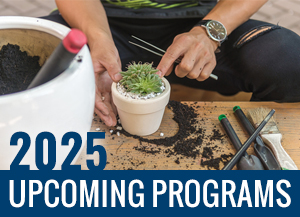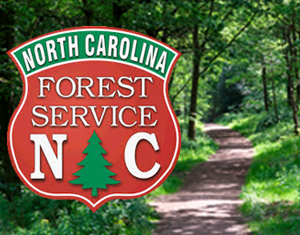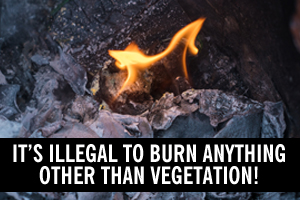I know that sounds silly, but there is some seriousness there.

The fact is, there is no North Carolina law that sets a minimum criteria for what counts as a farm. Five hundred acres in Hyde County? Call it a farm. Ten raised beds on an urban lot? Call it a farm and sell your veggies. Neither the State of North Carolina nor the federal government requires you to get any type of license or certification or approval.*
Where it gets complicated is when you want to qualify for farm-related incentives, such as discounts on sales and property tax, cost-share programs, grants and/or government loans. Also note that you may have to meet specific requirements for certain buyers or markets, e.g. a grocery store may require you to carry a certain amount and type of insurance. Let’s cover each of these items in more detail.
PROPERTY TAXES
Farms who meet certain acreage and income requirements qualify for reductions on property taxes. The criteria are set by NC state law, but implemented by the tax office in your county. For complete details, visit this link, or contact your county tax office. Click here to enroll in Tax Deferment in Forsyth County. Click here to learn more about Tax Deferment in Forsyth County.
SALES TAXES ON ITEMS YOU PURCHASE
Farmers who meet minimum farm income requirements qualify for a sales tax exemption when purchasing certain types of equipment and supplies that are used in farming. The criteria are set by NC state law. Find more details, including an application form, at this link.
GOVERNMENT SUBSIDIES
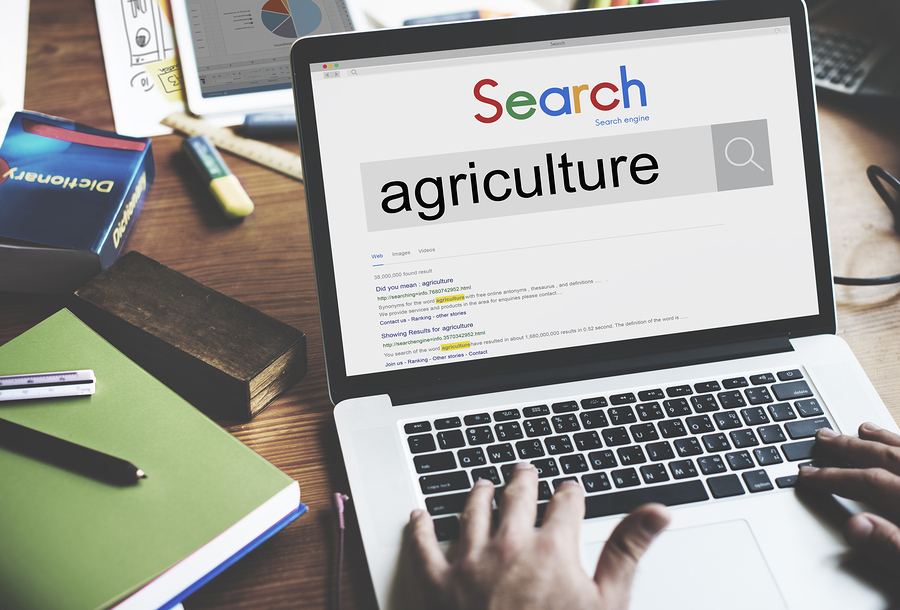
Various government entities offer programs that benefit farmers, such as cost-share programs for certain agricultural practices, or low interest loans. For example, there might be a program that would pay a portion of the cost of installing a soil conservation practices, or a subsidy to purchase crop insurance. These types of programs are available from agencies such as the USDA Farm Service Agency, USDA Natural Resources Conservation Service, and the Soil and Water Conservation District. Generally the first step in qualifying for these programs is to apply for a USDA farm number. Visit your local USDA Farm Service Agency office for details.
GRANTS
There are a few private organizations that offer grants to farmers (note that they are limited and usually competitive). Since they are private organizations, they will set their own criteria.
LICENSES/CERTIFICATIONS
There is no universal license or certification that farmers are required to have. However, a license or certification is required for certain specific activities.
- Selling plants – In most cases, selling plants requires a certificate from NC Department of Agriculture and Consumer Services. Get more information here.
- Pesticide applicator license – Required if you want to buy and use Restricted Use Pesticides. Get more information from the NCDA&CS here. There are also a list of upcoming pesticide safety schools here. Decide if YOU need a pesticide license here.
- Good Agricultural Practices certification for produce growers – Required by certain buyers at their discretion, especially large wholesalers and institutional buyers (e.g. schools, hospitals). Get more information here.
- Organic certification – Required by certain buyers at their discretion. Get more information here.
- Animal Welfare Approved – Required by certain buyers at their discretion. Get more information here.
- Business/privilege license – Your local government (town, city or county) may require a business license for certain activities such as operating a retail outlet.
- Certified Roadside Market – Not required, but may be an opportunity to make your enterprise stand out from the pack. Get more information here.
- Meat Handler’s license – Required if you will receive, store, transport or sell meat/poultry. Get more information here.
INSURANCE
There is no law that requires you to have insurance on your operation, however you would be foolish not to put some thought into how to protect yourself. You may, for example, want to have insurance that covers you in case someone gets injured on your farm, or if someone gets sick from consuming a product you sold them. Talk to a professional to get advice on this.
OTHER MISC REGULATIONS
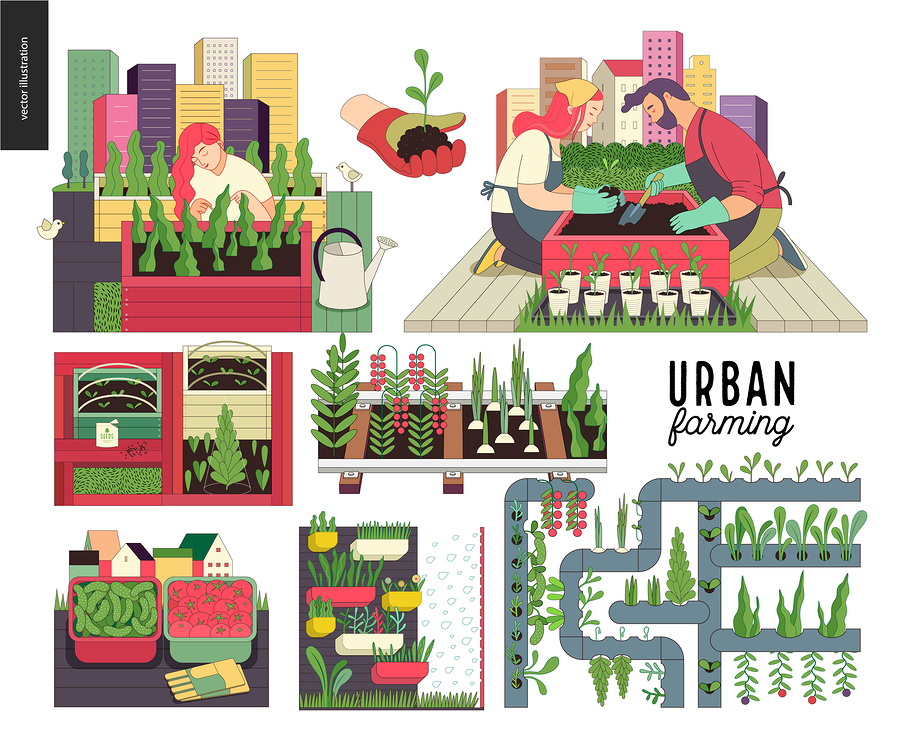
- Labeling – Certain products (e.g. eggs, canned goods, meat) offered for retail sale must contain labels, with various laws or regulations specifying the information to be included. Depending on the product, requirements may include items such as name/address of the producer, quantity, ingredients, etc. A good starting point to determine which requirements may apply to your situation is the Food & Drug Protection Division of the NC Department of Agriculture and Consumer Services.
- Zoning laws – Your municipal government (town, city or county) may have zoning laws which specify what activities are allowed on your property. Click here for Urban Agriculture in Winston-Salem (including livestock and poultry regulations).
- Charging sales tax – For raw products that you grow on your own farm, you may sell them without charging sales tax. However, you are required to charge sales tax if you process the products (e.g. turn strawberries into jam) or on any products that you didn’t grow yourself. Contact the NC Department of Revenue for details.
- Selling eggs – No license or certification required, but you must adhere to certain requirements for labeling, sanitation, etc. Get more information here.
- Selling poultry – Farmers may slaughter up to 20,000 birds each year without any inspection requirements, but must meet specific requirements. Get more information here and read about special (temporary) exemptions here.
- Selling meat other than poultry (e.g. beef, pork, mutton, etc.) – If offered for sale, it must be slaughtered, processed and packaged in a USDA Inspected facility. Click here to find a USDA Inspected Facility near you.
- Selling processed foods – Certain products may be processed (e.g. canned, preserved, etc.) in your home kitchen if your kitchen meets certain requirements. You will need to have it inspected by the NC Department of Agriculture and Consumer Services. Otherwise, processing must be done in a commercial kitchen. Get more information here.
- Selling processed foods that are acidified – Seller must attend the Acidified Foods Manufacturing School offered by NCSU. This includes pickles, salsa, pickled eggs and more. Get more information here.
- * Transportation - Regulations regarding the hauling of agricultural products including weight, height, and width. Learn more here.
Note that this is by no means a comprehensive list of regulations that may apply to your operation. You are strongly advised to contact your local Extension Agent and other professionals for further information and advice. Here is a list of the Forsyth County staff who may be able to assist you.
*The only caveat is that laws at the town, city and/or county level may vary. Contact your local planning or zoning department to find out.
(Original story courtesy of Paul McKenzie, Area Agriculture Agent, N.C. Cooperative Extension, Vance and Warren Counties. Edited and re-posted with permission. Visit the original post.)



